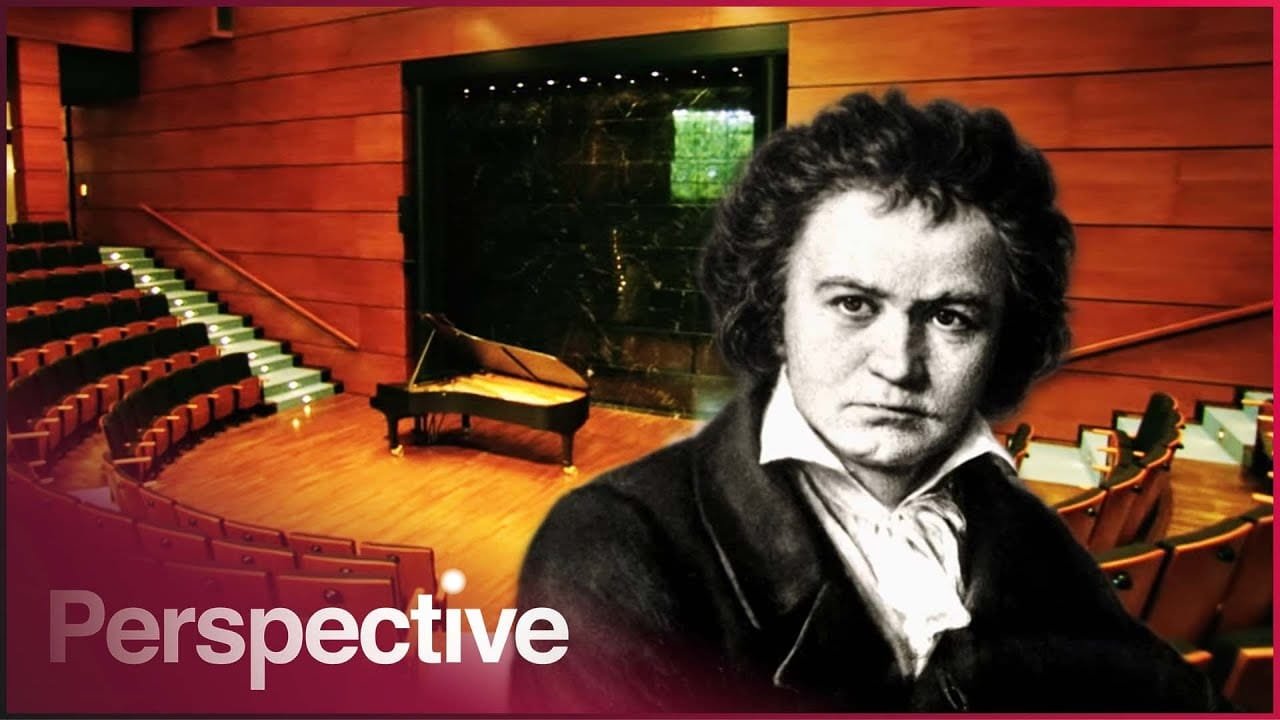Early Life and Influences
Ludwig van Beethoven’s formative years were marked by a rigorous musical education and crucial relationships that shaped his emergence as an iconic composer.
Born in Bonn, his early experiences in the bustling cultural landscape set the stage for his later triumphs in Vienna.
Formative Years in Bonn
In the quaint city of Bonn, Ludwig van Beethoven was born into a family deeply rooted in music.
His grandfather, also named Ludwig, was a reputable court organist, and his father, Johann van Beethoven, worked as a tenor in the Elector’s chapel.
Johann recognized his son’s talent early and became his first music teacher.
However, his teaching methods were often harsh and strict.
Young Beethoven was also mentored by Christian Gottlob Neefe, who was a more positive influence.
Neefe was the court’s organist who introduced Beethoven to the works of Bach and Mozart.
Under Neefe’s guidance, Beethoven became the assistant court organist at a young age, obtaining a solid foundation in music theory and composition.
Musical Education: Haydn and Mozart
Beethoven’s passion and commitment to music led him to Vienna, the hub of European classical music culture.
There he sought out further instruction and found opportunities to learn from the luminaries of the day, including Joseph Haydn and, indirectly, Wolfgang Amadeus Mozart.
Beethoven took lessons with Haydn, diligently honing his craft and earning Haydn’s respect in the process, though their relationship was complex.
Although there is no evidence that Beethoven and Mozart ever studied together formally, Mozart’s work greatly impacted Beethoven.
The young composer studied Mozart’s compositions, and the influence is evident in his early works for piano and symphony, where he began to push the boundaries of musical expression.
Pinnacle Creations and Career Highlights

Ludwig van Beethoven, the iconic German composer, carved out a new path in music history with his extraordinary output.
While transitioning from the Classical to the Romantic era in music, he made lasting impacts with his daring symphonies, innovative sonatas, and a variety of other compositions that continue to astonish.
Revolutionary Symphonies and Sonatas
Among Beethoven’s most significant achievements are his grand symphonies and deeply expressive sonatas.
His Third Symphony, known as ‘Eroica’, marks a turning point not just in his career, but in the history of the symphony itself.
Its heroic and groundbreaking composition redefined the genre.
Likewise, his Ninth Symphony, integrating choral and vocal soloists into the final movement, is another monumental work that stands at the pinnacle of his creations.
Beethoven’s piano sonatas, which include masterpieces like the ‘Moonlight’ Sonata, exemplify his role as an innovator.
His 32 piano sonatas cover a remarkable span of his life, showcasing his evolution in style and depth of expression.
Each sonata, through impeccable structural innovation and emotional breadth, pushes the boundaries of the instrument’s capabilities.
Opera and Other Notable Works
Although Beethoven is not commonly celebrated as an opera composer, his sole opera, Fidelio, stands as a bastion of his ideals—liberty, justice, and the triumph of love.
It centers around the themes dear to his heart and remains a testament to his compositional bravery.
In the realm of chamber music, Beethoven’s string quartets, particularly the late quartets, are profound explorations of the human spirit.
His six string quartets, published as Opus 18, launched his career in this genre, while his later quartets, such as Opus 132, delve into uncharted emotional and sonic territory.
From orchestral music to intimate sonatas, Beethoven’s work not only defined the Romantic era but also set a benchmark for future generations of composers.
His opus is a diverse garden of musical forms, including the stirring Fifth Symphony, the buoyant violin concerto, innovative piano concertos, and spiritual works like Missa Solemnis and the ballet The Creatures of Prometheus.
Each piece demonstrates his mastery over form and his undiminished capacity for innovation.
Personal Challenges and Legacy

Ludwig van Beethoven, a name synonymous with musical genius, navigated a life marked by a tumultuous health struggle and profound deafness, yet his enduring impact on art and culture remains indisputable, revolutionizing the history of Western music.
Struggles with Deafness and Health
Beethoven’s battle with health issues began in his late twenties, as he started experiencing a bothersome ringing and buzzing in his ears, symptoms of tinnitus.
This affliction progressed into a profound deafness that deeply impacted his career as a virtuoso pianist.
Despite his deteriorating hearing, he courageously continued to compose music.
By 1814, his hearing had declined to the point where he could no longer perform in public and had to communicate using conversation books.
Beethoven’s deafness did not impede the flow of masterpieces, as he delivered works like Symphony No. 6 during this period.
Health challenges plagued him throughout life, and it is speculated that it was cirrhosis, due to heavy alcohol consumption, that ultimately led to his death in March 1827.
Influence and Cultural Impact
The musical landscape of the time was vastly reshaped by Beethoven, who is often hailed as an innovator for bridging the Classical and Romantic eras of Western music.
His body of work, encompassing nine symphonies, chamber music, piano variations, and his only opera, Fidelio, set new standards in terms of texture and emotional expression.
Works like the Violin Concerto and the revolutionary Third Symphony, also known as the ‘Eroica’, which originally bore the dedication to Napoleon, reflect his engagement with the ideological currents of his time, including the French Revolution.
Johannes Brahms, among others, was deeply influenced by Beethoven’s legacy, carrying the torch forward in the realm of classical music.
Beethoven’s compositions, particularly from his middle and late periods, continue to captivate audiences with their profound emotion and innovative structures, asserting his place in history not just as a composer, but as a beacon of humanity’s artistic spirit.




